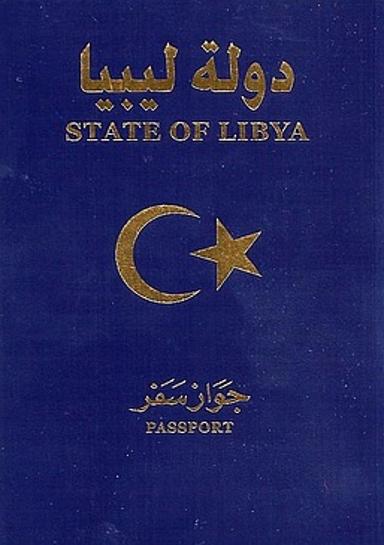Visa free access for Libya
As a Libya passport holder, you are permitted to travel visa-free to 82 countries and territories. This data is correct as of March 2024.
In order to travel visa-free, you will need a valid passport, often with at least six months until expiry. Additionally, you may need travel insurance, as required by your destination country.
Within these countries, there is often a separate section in airports where you can submit your Visa on Arrival. You will receive your visa on arrival (VOA) after entering the country that issued the visa.
Acquiring an eVisa follows the same process as applying for a traditional visa. The main difference with an eVisa is that you don’t need to visit a visa application centre. You can submit your application online, including making any payments relating to the visa.
Once the relevant authorities approve your application, you will receive a confirmation email regarding your visa status, along with a document that you must print and bring with you when crossing the border.
You will need a valid visa to enter the 82 countries with a Libya passport.
About Libya
Libya, located in North Africa, is the fourth largest country in Africa by area. It has a population of approximately 6.5 million people, with the majority residing in the coastal cities of Tripoli and Benghazi. The country shares its borders with six other African countries and has coastlines along the Mediterranean Sea.
The climate in Libya is predominantly desert, characterized by extreme temperature fluctuations, from scorching hot days to chilly nights. However, the coastal regions enjoy a Mediterranean climate with hot, dry summers and mild, wet winters.
Libya’s culture is a blend of Arab, Berber, and African influences, reflected in its cuisine, music, and festivals. The official language is Arabic, and Islam is the predominant religion, influencing the country’s customs, laws, and daily life.
Economically, Libya relies heavily on its vast oil reserves, which contributes to most of its GDP and export earnings. However, political instability and security issues have significantly impacted the economy in recent years.
Despite the challenges, Libya boasts of rich history and heritage. It is home to five UNESCO World Heritage sites, including the spectacular Roman ruins at Leptis Magna and the prehistoric rock art in the Sahara Desert. The Libyan passport allows its holders to explore the world, but its power and global ranking vary based on geopolitical factors.

 Libya
Libya




































































































































































































